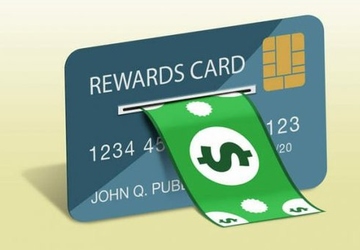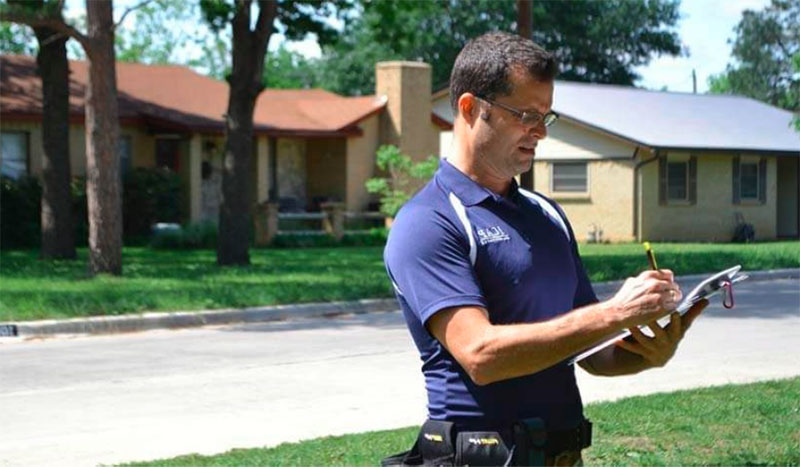Ways to Build Credit Without a Credit Card
Author: Kevin
Here at Bankrate, our goal is to inform your financial choices for the better. Though we maintain strict editorial integrity, this content may include affiliate links. What follows is an outline of our financial operations. Disclaimer: All information on this page is current as of the date it was posted, although some deals may no longer be available. All deals on this website are subject to terms and conditions. The views, judgments, and suggestions presented here are those of the author alone and have not been vetted, approved, or otherwise supported by any card issuer.
Credit cards are often the easiest way to improve one's financial situation, but what can one do if their credit score is too low to be approved for a card? Bad credit is something that happens to a lot of people. More than 40% of Americans have a FICO score of less than 700. Building credit without a credit card and restoring your score is possible; here's how to do it, according to Bankrate.
The eight best alternatives to using a credit card to enhance your credit

Credit cards are one of many choices when establishing or improving your credit history. Payments and purchases made on credit cards are a big part of how credit bureaus determine your creditworthiness, although this method isn't unique to cards.
Build up your credit to the point where you can get the card of your choice by paying on time and keeping your debt-to-credit ratio low (preferably below 30 percent).
Use a loan to improve your credit. Getting approved for a conventional loan with a low credit score or a "thin" credit history might be challenging. For this reason, a credit-building loan may be useful.
Credit builder loans are unsecured, and the full amount (usually between $300 and $1,000) is deposited into a secure account upon approval. Unlike a standard loan, there is a delay in getting your hands on the funds. Instead, you make predetermined monthly payments until the loan is paid in full (plus any costs), at which point you receive the remaining revenues.
With a credit builder loan, you can raise your credit score by making regular payments without additional costs. Your credit score will rise due to your timely payments being reported to major credit agencies.
Get a loan for yourself by filling out an application.

Personal loans are a great way to establish a credit history without applying for a credit card, as long as payments are made on time and the loan is repaid as quickly as feasible. Although the interest rates on these loans are often higher than those of credit builder loans, they might be useful in laying the groundwork for a healthy credit score if you have little to no credit history or have defaulted on loans.
However, before committing to a personal loan, you should ensure that you have the financial means to make timely payments. If you cannot make your loan installments when due, it will negatively impact your credit score.
Get a car loan if you need one.
When car payments are made on time, it helps build a positive credit history. This advantage is lost if you pay cash, so if you need a car and are also trying to improve your credit, shop around for a loan with an interest rate in the low to medium range and monthly payments you can comfortably make. An auto loan, like a credit-building loan, is an installment account that will appear on your credit report. Making all of your payments on time every time will significantly benefit your credit rating.
Pay back an existing loan. Your credit score can rise if you make on-time payments and don't default on any of your current loans, including student loans. By making payments on time and following the terms of your student loans, for instance, you are helping your credit score.
Specify Other Payment Methods Financial institutions have realized that consumer loans such as those for automobiles and homes are only the beginning of borrowers' financial obligations. Since this is the case, they are usually open to using non-traditional payment information to help you establish credit.
You should get a secured credit card.
Because secured credit card holders must make a cash deposit before receiving their card, the approval requirements for these cards are lower than those for their unsecured counterparts. In most cases, this deposit determines your maximum credit limit; for example, a $200 deposit would result in $200 in credit, a $500 deposit would result in $500 in credit, and so on. You can use a secured card in the same ways as a debit card, but the funds you put down as collateral will come from that account rather than your checking balance.



